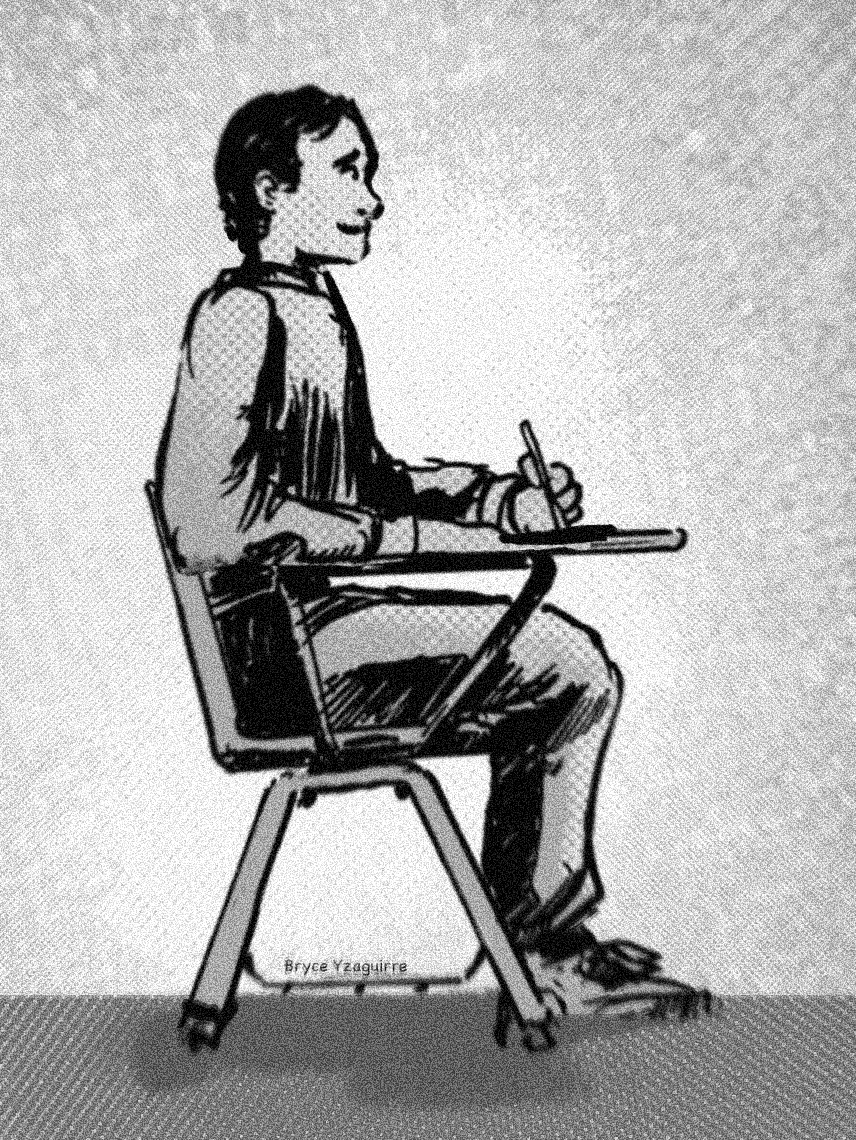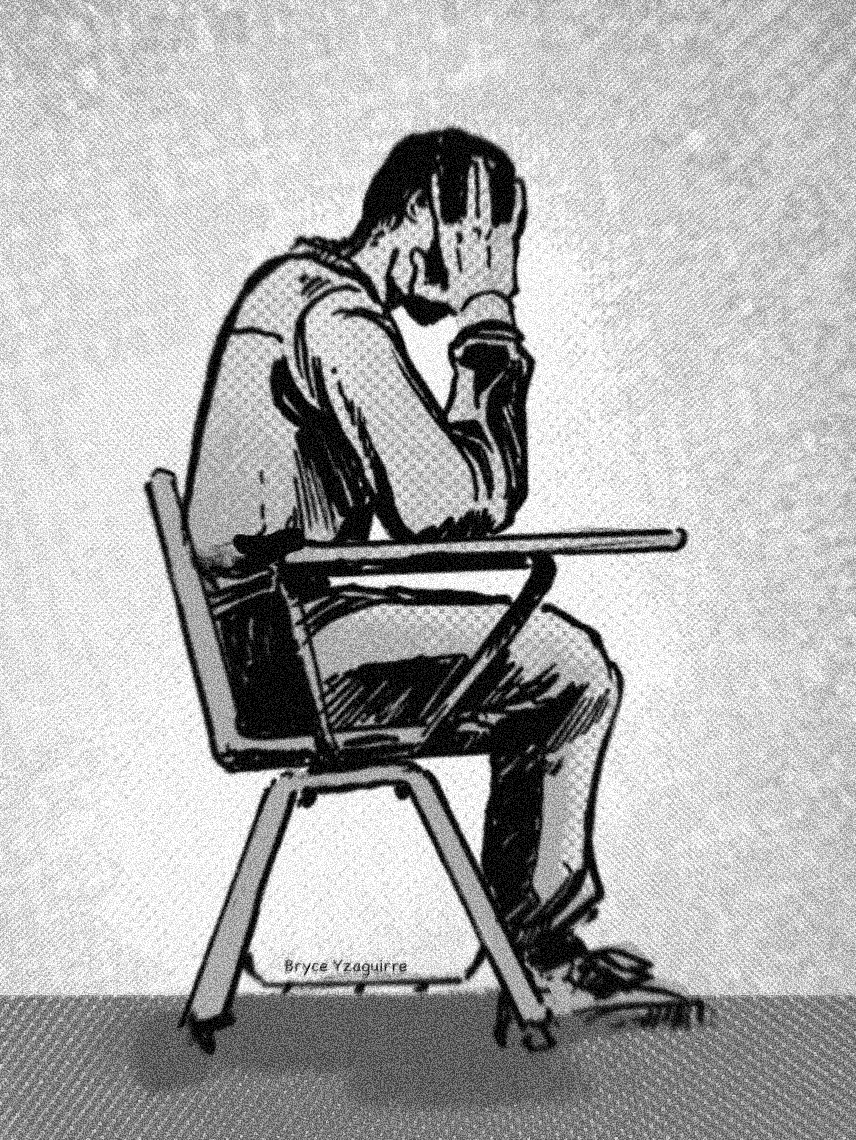Twenty-one ten-year-olds, 48 eleven-year-olds, 108 twelve-year-olds, 158 thirteen-year-olds and 263 fourteen-year-olds all died from suicide in the United States in 2021, making it the second leading cause of death for that age group, according to the Centers for Disease Control and Prevention.
Meanwhile, Mississippi Department of Education states that the subject of depression is absent in Mississippi’s mental health curriculum for grades K-8, and suicide is not mentioned to students until the 8th grade, when students are already 13 and 14.
Imagine being depressed at ten years old, when there is a fair chance you do not even fully understand what depression is. Imagine not knowing how to express what you are feeling or why you are feeling it, and not knowing if you were alone.
This is the reality and will continue to be the reality for many children until something is done to change the curriculum that allows for this to happen.
The Mississippi Department of Education‘s policies around mental health in schools focus heavily on staff training in recognizing the signs of depression and anxiety.
However, often there are no visible signals that someone is dealing with either of the two.
According to MSU clinical psychology graduate student Jenna Russo, “Symptoms of depression and anxiety can present in a variety of ways, including externalizing behavior or silence.”
It is not enough for us to continue being reactive when it comes to mental health in schools. Waiting for kids to speak up first is pointless when we are not teaching them how to recognize symptoms in themselves or when it is time to ask for help.
In the 2022 State of Mental Health in America, a report published by Mental Health America, it was reported that 71.7% of youth in Mississippi who suffered from a major depressive episode did not receive mental health services, the second highest percentage in the U.S. of untreated mental health services within American youth.
In 2018, New York became the first state to require that health education in schools include instruction on mental health, and it is time for Mississippi to follow suit.
In the New York State Education Department‘s framework for mental health education, starting in kindergarten, students are taught how to identify their feelings, and when, where, and how to ask for help.
One of the primary goals listed in the 6th-8th grade framework is that students can “describe the warning signs, risk factors, and protective factors for depression, anxiety, eating disorders, and suicide.”
Not only are students taught how to recognize and get help for these disorders, but they are also taught ways to promote their own mental health such as self-care, self-esteem and healthy relationships.
According to the New York State Education Department, “When young people are educated about mental health, the likelihood increases they will be able to effectively recognize signs and symptoms in themselves and others and will know where to turn for help.”
It is crucial that kids learn how to advocate for their own mental health, as well as their peers’, as suicide rates in youth continue to rise.
Even when it does not result in suicide, untreated depression can cause people to turn to vices such as drugs, alcohol and self-harm.
These issues can follow children well into adulthood. If we want cases of addiction to start going down, we have to start teaching our youth that there are better ways to live.
Despite the rising rates of suicide and depression, Mississippi’s K-8 Contemporary Health Curriculum, which includes all instruction on mental health, has not been fully updated since 2012.
This is because it is an easy problem to ignore. People do not want to believe that young kids can become depressed, even though statistics continue to show otherwise.
The longer we refuse to open our eyes and wake up to the fact that our kids are depressed and to change the curriculums that ignore it, the more kids will continue to suffer in our ignorance.
Time to wake up: Our kids are depressed
Opinion 11/15/2023
About the Contributor

Ivy Rose Ball, Editor-in-Chief
Ivy Rose Ball is a senior communication major from Muscle Shoals, Alabama.
She currently serves as the Editor-in-Chief and served as the Photography Editor from 2023 to 2024.
[email protected]
Donate to The Reflector
Your donation will support the student journalists of Mississippi State University. Your contribution will allow us to purchase equipment and cover our annual website hosting costs.























































































